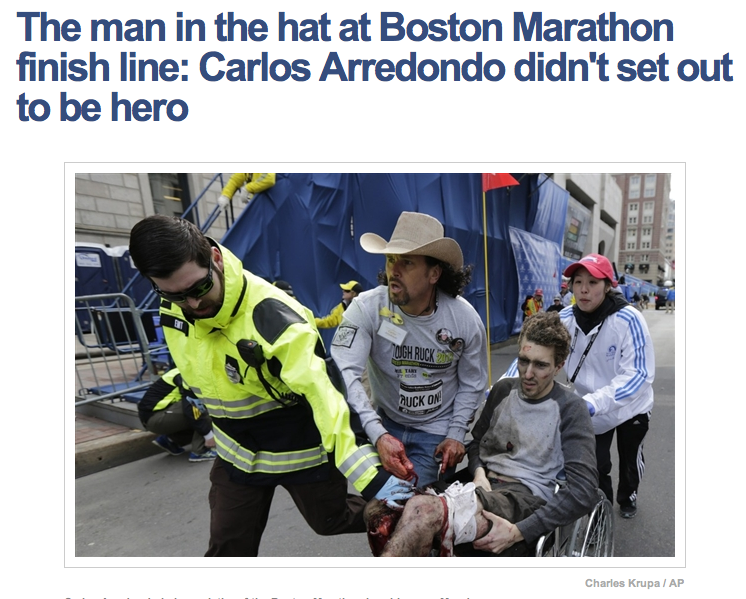What should Christians read?
Last Saturday I was scrolling through the latest Facebook fodder and came across this post from Christian writer Tricia Goyer’s timeline:
And while the majority of the responses (and there were several) were not in favor of limiting themselves to only Christian Fiction, I was surprised that there were some who felt that Christians should not read fiction that was outside the genre of “Christian”, arguing that we should not expose ourselves to the bad language, sex and violence so often found in mainstream works of fiction. Although to be fair, most stated that this was a personal conviction not a condemnation of those who read secular work.
But still…
It bugs me.
Maybe it shouldn’t. It’s certainly none of my business what people choose to read or not read, but if art imitates life–and I believe that good art mirrors real life–then much of what passes the muster of “appropriate” Christian Fiction is a poor imitation of what makes a good story. It’s a white-washed version of realistic prose. There are words that cannot be used, acts of violence and depravity that can only be suggestively danced around so as not to offend a Christian audience.
And that bugs me…
Writing for a Christian audience. So much so that I put in my snarky two cents:
Do you know what the hottest thing in Christian Fiction is right now?
Amish Fiction.
Written by people who are not Amish.
I’ve struggled to understand why this is so popular, but I think I’m beginning to understand. Just as teenage vampire romance novels are an escape from the banality of everyday life, Amish life (or at least the idealistic version of it) is an escape from an increasingly crude and immoral one. And I suppose both have entertainment value, but neither imitate real life. Pre-teen Twilight audiences are spoon-fed sexuality disguised as taboo vampire romance and Amish fiction audiences are spoon-fed an ideal, profanity-free communities where bad things may happen, but really bad things never happen to good Christian folks.
But that’s not real and that’s not real redemption.
Many of you know that I’m a big fan of Stephen King. There are those who refuse to read his work because he uses, among other things, profanity. I once read a discussion board where several posters maintained that his use of cuss words is simply laziness. That his books could be every bit as compelling if he left out the profanity.
To them I say, bullshit.
Take this passage from The Stand concerning a young deaf mute’s encounter at an orphanage:
He stopped wanting to communicate, and when that happened the thinking process itself began to rust and disintegrate. He began to wander from place to place vacantly, looking at the nameless things that filled the world. He watched groups of children in the play yard move their lips, raise and lower their teeth like white drawbridges, dance their tongues in the ritual mating of speech. He sometimes found himself looking at a single cloud for as long as an hour at a time.
Then Rudy had come. A big man with scars on his face and a bald head. Six feet, five inches tall, might as well have been twenty to runty Nick Andros. They met for the first time in a basement room where there was a table, six or seven chairs, and a TV that only worked when it felt like it. Rudy squatted, putting his eyes on approximately the same level as Nick’s. Then he took his huge, scarred hands and put them over his mouth, his ears.
I am a deaf-mute.
Nick turned his face sullenly away: Who gives a fuck?
Rudy slapped him.
Nick fell down. His mouth opened and silent tears began to leak from his eyes. He didn’t want to be here with this scarred troll this bald boogey. He was no deaf-mute, it was a cruel joke.
Rudy pulled him gently to his feet and led him to the table. A blank sheet of paper was there. Rudy pointed at it, then at Nick. Nick stared sullenly at the paper and then at the bald man. He shook his head. Rudy nodded and pointed at the empty paper again. He produced a pencil and handed it to Nick. Nick put it down as if it were hot. He shook his head. Rudy pointed at the pencil, then at Nick, then at the paper. Nick shook his head. Rudy slapped him again.
More silent tears. The scarred face looking at him with nothing but deadly patience. Rudy pointed at the paper again. At the pencil. At Nick.
Nick grasped the pencil in his fist. He wrote the four words that he knew, calling them forth from the cobwebby, rusting mechanism that was in his thinking brain. He wrote:
Then he broke the pencil in half and looked sullenly and defiantly at Rudy. But Rudy was smiling. Suddenly he reached across the table and held Nick’s head steady between his hard, callused palms. His hands were warm, gentle. Nick could not remember the last time he had been touched with such love. His mother had touched him like that.
Rudy removed his his hands from Nick’s face. He picked up the half of the pencil with the point on it. He turned the paper over to the blank side. He tapped the empty white space with the tip of the pencil, and then tapped Nick. He did it again. And again. And again. And finally Nick understood.
You are this blank page.
Nick began to cry.
Tell me how that could have been written as powerfully without the use of profanity.
The difference between that passage and one written without profanity is the difference between hitting a sacrifice fly with one out in the bottom of the ninth to win by a run and hitting a grand slam with two outs and a full count in that same inning.
The end results may be the same, but the latter is infinitely more memorable.
******
I’m not saying that Christians shouldn’t read Christian Fiction. I happen to know that some of it is excellent. All I’m suggesting is that we don’t limit ourselves to it thinking the hand of God only moves the pens of those who call him Father. Rather than looking for the devil under every secular rock, maybe we should open our mind’s eye to see that God is at work in the most unexpected places and even through those who don’t know Him.























